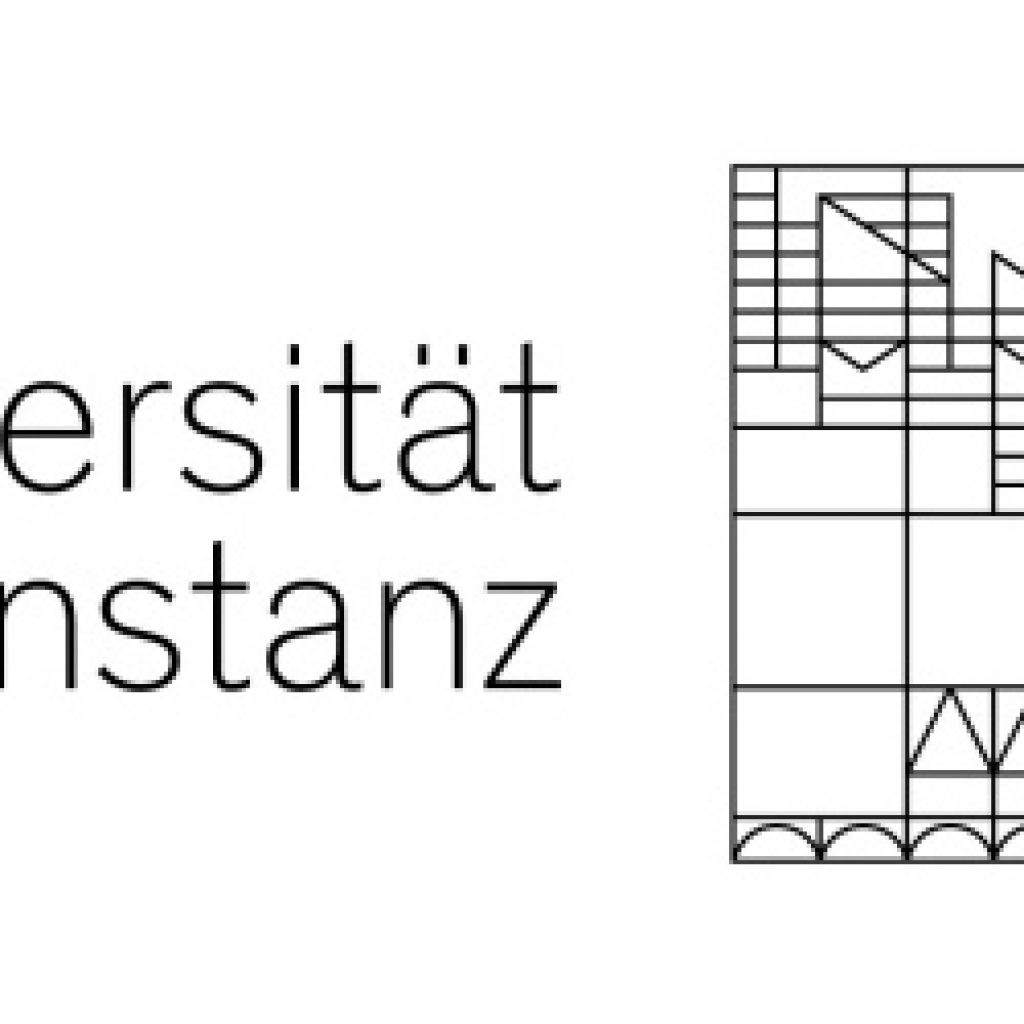(EurekaAlert) Professor Guido Burkard at U of Konstanz reports on the formation of three new quantum research networks: 1) European QLSI, 2) Federal QUASAR, 3) State in Baden-Württemberg: Competence Centre Quantum Computing.
At the European level: Research network QLSI
The research network QLSI (“Quantum Large-Scale Integration with Silicon”) is a project in the field of silicon-based quantum computer technology that is being carried out as part of the “flagship” project of the European Union (EU) on quantum technologies. The project brings together the expertise of 19 research institutions in Europe, coordinated by the CEA-Leti research institute in Grenoble (France). “The task of QLSI is, quite simply, to make the step from individual silicon qubits to complex switching systems,” says Guido Burkard. “On the part of the University of Konstanz, we are contributing our experience in the field of theory and simulation of the transport of quantum information. We will model the qubit switching systems and work out how quantum information can be transported with a minimum of interference. We want to understand the interactions between spin-based qubits, and minimize interference factors.” The QLSI research network was launched in December 2020 and will be funded with € 15 million for a period of four years.
At the federal level: QUASAR research network
The QUASAR research network aims to develop a semiconductor quantum processor “made in Germany” based on the “shuttling” of electrons. A quantum bus makes it possible to transport individual electrons, together with their quantum information, over distances of up to ten micrometres. The technology is based on electrodes connected in series, which move the quantum dots from one end to the other by pulsating voltages “like a conveyor belt”.
The QUASAR network is coordinated by Forschungszentrum Jülich and brings together research institutions and industrial partners from all over Germany. Guido Burkard’s research team is one of the project partners: “QUASAR aims to bring together, at a national level, research knowledge in the field of basic research with the experience of industrial partners in the field of semiconductor technology,” says Burkard. QUASAR started in February 2021 and is funded by the Federal Ministry of Education and Research (BMBF) with € 7.5 million until 2025.
At the state level in Baden-Württemberg: Competence Centre Quantum Computing
The “Competence Centre Quantum Computing Baden-Württemberg” coordinated by the Fraunhofer-Gesellschaft and funded by the State of Baden-Württemberg makes an existing quantum computer available to research and industry in Baden-Württemberg for development and testing purposes. “As part of the competence centre, the University of Konstanz is involved in the two projects: QORA and QC4BW,” Guido Burkard describes. QORA is a quantum software project with the task of optimizing quantum computing algorithms. QC4BW, on the other hand, is a hardware project that pursues the goal of exploring quantum effects in diamond as a possible basis for qubits. Here, the working group of Guido Burkard is contributing its expertise in the characterization and control of quantum effects in diamond.
